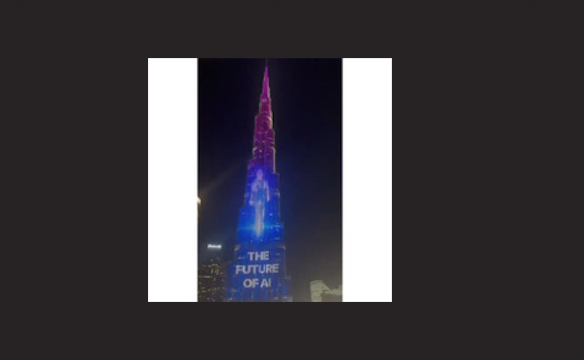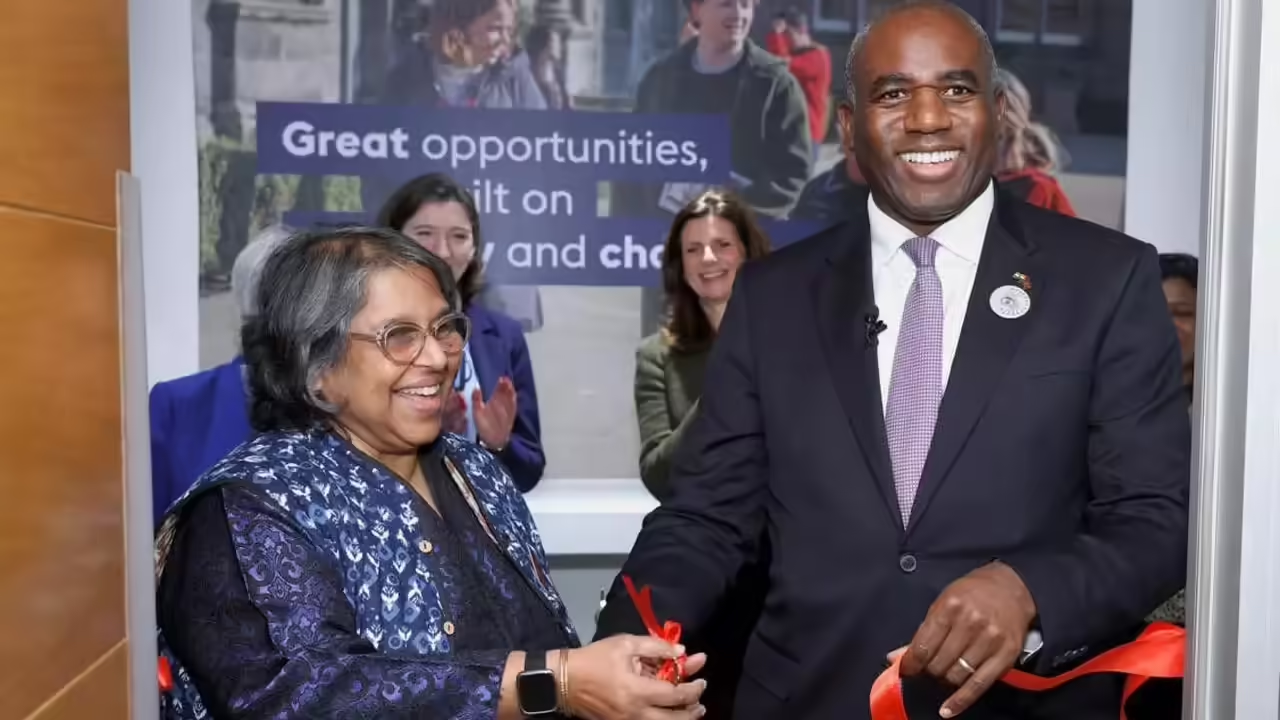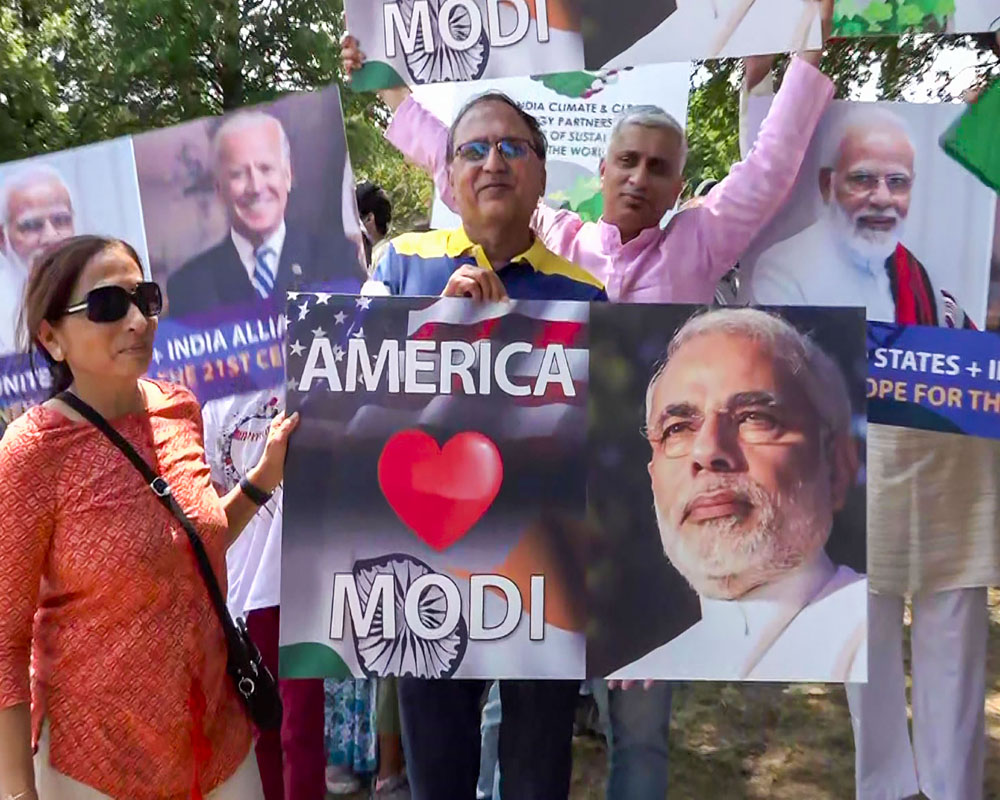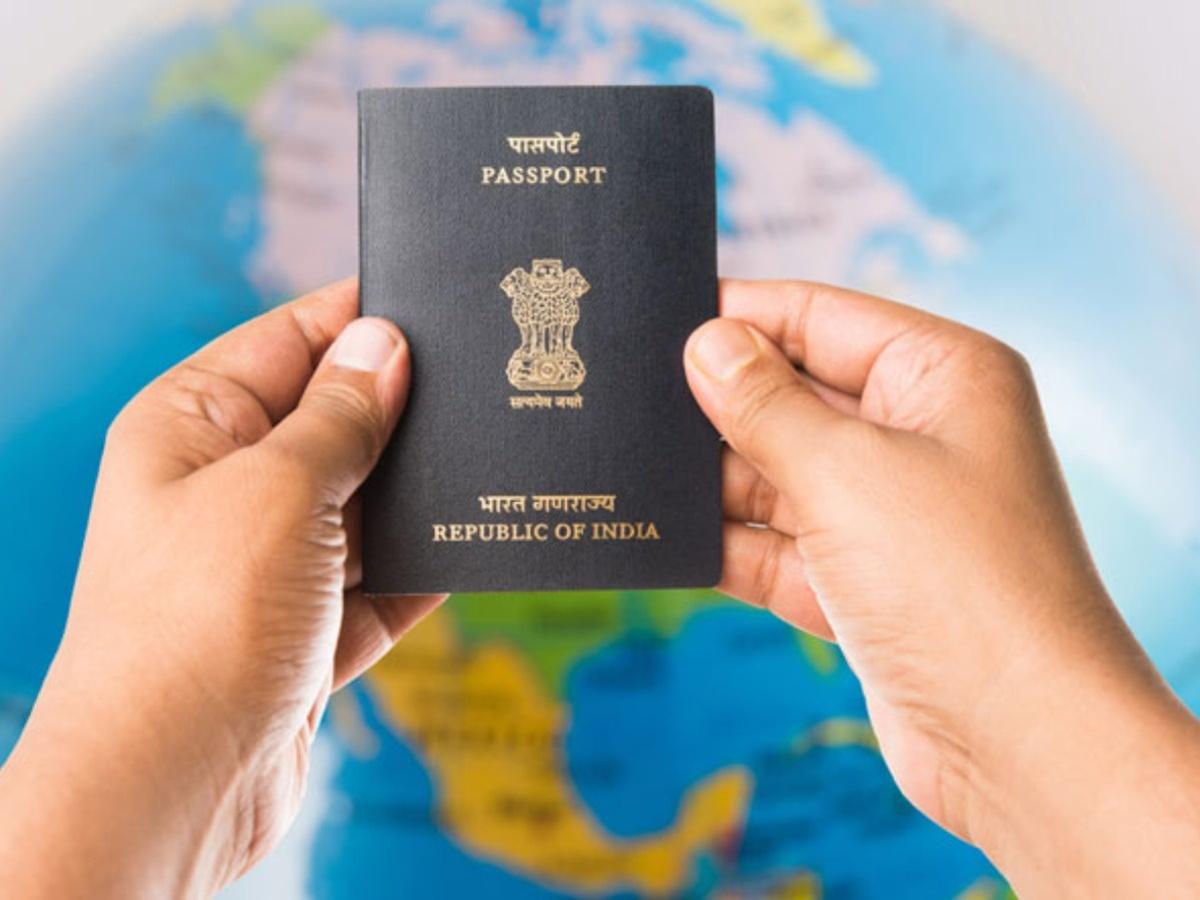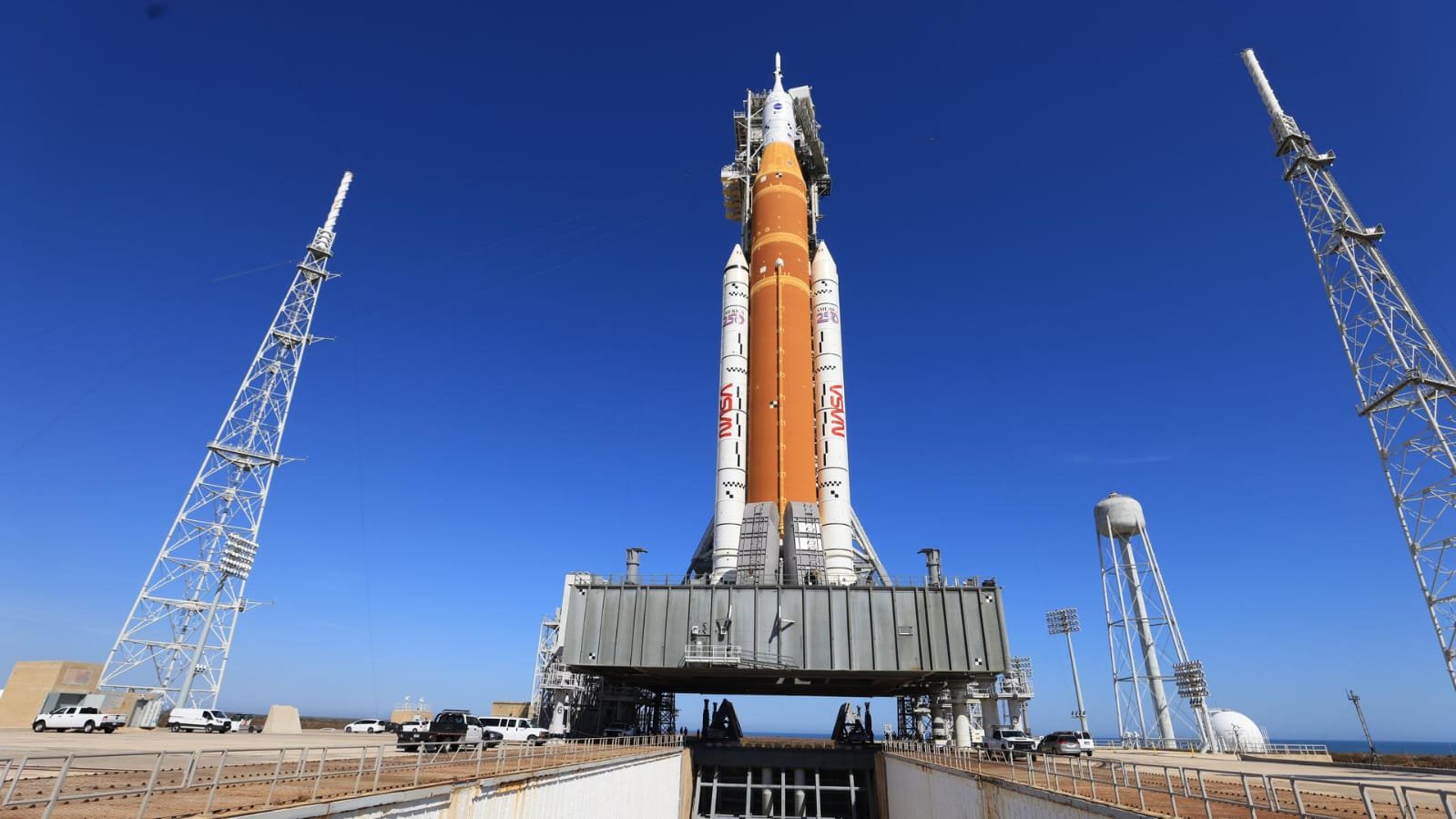The property — nicknamed the “Marble Palace” by the selling agents — was built using an estimated 80 million dirhams to 100 million dirhams in marble from countries including Italy. Construction took nearly 12 years and was completed in 2018, according to Luxhabitat Sotheby’s International Realty, which is selling the property
The home in the desirable Emirates Hills neighbourhood has 60,000 square feet of indoor space though only five bedrooms: At 4,000 square feet, the primary bedroom is bigger than most homes. The ground floor has rooms for dining and entertaining. Other amenities include a 15-car garage, 19 bathrooms, indoor and outdoor pools, two domes, an 80,000-liter (21,000-gallon) coral reef aquarium, a power substation and panic rooms. It sits on a 70,000-square-foot lot in a gated community overlooking a golf course, according to a report in financialexpress.com.
The property — nicknamed the “Marble Palace” by the selling agents — was built using an estimated 80 million dirhams to 100 million dirhams in marble from countries including Italy. Construction took nearly 12 years and was completed in 2018, according to Luxhabitat Sotheby’s International Realty, which is selling the property.
Tasks included the application of 700,000 sheets of gold leaf by 70 skilled workers toiling more than nine months, the brokerage says. The home is currently decorated with about 400 pieces from the owner’s personal art collection, primarily 19th century and 20th century statues and paintings; the owner is prepared to negotiate about including them and furnishings in the purchase.
The owner, a local property developer, declined to be named.
“It’s not everybody’s taste or style,” Luxhabitat Sotheby’s broker Kunal Singh said, well aware that buyers would either love it or hate it.
The Dubai property market has been on a tear since late 2020, an uplift that has lasted much longer than other global property booms during the Covid-19 pandemic. The rally is partially a correction after a market decline of about six years. Dubai’s handling of the pandemic enabled the city to reopen quickly, attracting bankers who transferred from places like Singapore or Hong Kong. The world’s wealthy snapped up property as a way to stash their money in an uncertain global economy. And an influx of Russians after Russia invaded Ukraine helped sustain the boom.
The price per square foot of the Marble Palace—12,500 dirhams—is more than double what other properties in Emirates Hills have fetched. The most expensive home sale previously in the neighborhood was for 210 million dirhams, at 5,614 dirhams per square foot, in August 2022, according to Dubai property records.
-
Emirates Hills, a gated community, was created two decades ago and has often been described as Dubai’s Beverly Hills, without the movie-industry connections. A golf course runs through the middle
-
The total lot size of the Marble Palace is one of the largest in the community. An adjacent plot of about 6,000 square feet could be purchased or leased from the developer, potentially for tennis or paddle ball court
The primary suite includes his-and-her bathrooms. The second-largest bedroom suite is 2,500 square feet, and guest rooms are each about 1,000 square feet; one is currently configured to store wine. There are 12 staff rooms with space for up to 25, and two bank vaults. The owner built the home and lives in it by himself following a divorce
Only one listing in the city rivals this mansion: A planned penthouse apartment in a project called Bugatti by Binghatti is also being offered at 750 million dirhams but has yet to be built. (Generally, properties that are move-in ready have commanded higher prices than those under construction.) That apartment—or “sky mansion,” as the developer calls it—will come with a car elevator and is due to hit the market in about three years.
Singh estimated that there are only about five to 10 potential buyers in the world are wealthy enough—and interested in its look—to buy the Marble Palace.
Two people have viewed the home in the past three weeks, Singh said. One, a Russian who had a representative view the property, would have to figure out how to move that amount of money. The second is an Indian client who already owns three properties in Emirates Hills; his wife is on the fence, leaning toward something more contemporary, Singh said.
“This is something you would buy to show off—to bring some elite people, leaders, politicians,” says Kerry Michael, marketing director for Luxhabitat Sotheby’s.
“The person who buys it definitely is in politics, is in leadership. They want to entertain people. You can’t do that on the Palm without getting noticed, without getting media,” she said, referring to the Palm Jumeirah, the manmade archipelago where there are many high-end homes. “In Emirates Hills, you can invite the Obamas, you can invite the sheikhs into this palace and entertain.”
Singh said the property’s price is partly justified by the value of the time and materials that went into building it. The location is minutes from the Palm Jumeirah and about 25 minutes by car from the Dubai International Financial Center business district.
Emirates Hills, a gated community, was created two decades ago and has often been described as Dubai’s Beverly Hills, without the movie-industry connections. A golf course runs through the middle. The total lot size of the Marble Palace is one of the largest in the community. An adjacent plot of about 6,000 square feet could be purchased or leased from the developer, potentially for tennis or paddle ball court.
The primary suite includes his-and-her bathrooms. The second-largest bedroom suite is 2,500 square feet, and guest rooms are each about 1,000 square feet; one is currently configured to store wine. There are 12 staff rooms with space for up to 25, and two bank vaults. The owner built the home and lives in it by himself following a divorce.
*********************************************************
Readers
These are extraordinary times. All of us have to rely on high-impact, trustworthy journalism. And this is especially true of the Indian Diaspora. Members of the Indian community overseas cannot be fed with inaccurate news.
Pravasi Samwad is a venture that has no shareholders. It is the result of an impassioned initiative of a handful of Indian journalists spread around the world. We have taken the small step forward with the pledge to provide news with accuracy, free from political and commercial influence. Our aim is to keep you, our readers, informed about developments at ‘home’ and across the world that affect you.
Please help us to keep our journalism independent and free.
In these difficult times, to run a news website requires finances. While every contribution, big or small, will makes a difference, we request our readers to put us in touch with advertisers worldwide. It will be a great help.
For more information: pravasisamwad00@gmail.com


